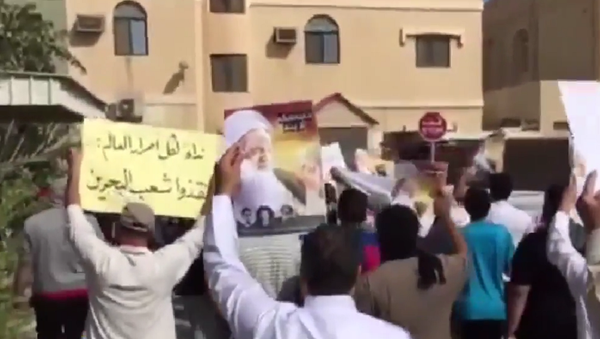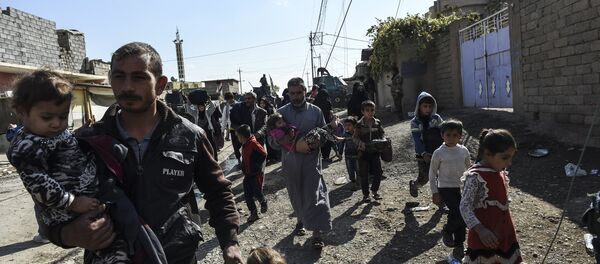Kuwaiti State news agency KUNA reported that Faisal's crime was "premeditated murder and possession of a firearm and ammunition without a license." Al-Sabah was found guilty of shooting and killing his nephew, Sheikh Basel Salem Sabah Al Salem Al Sabah, in 2010.
Witnesses say that Basel, who was wheelchair-bound and Faisal's junior by twenty years, was shot 5-7 times by Al-Sabah. Basel was the grandson of Sabah III, the emir of Kuwait in the 1960s and 1970s. He was a distant cousin of Sabah IV, the present emir.
Basel was described by those who knew him as patriotic and a lover of democracy. His widow, Sheikha Intisar, told The Khaleej Times that he was "the perfect husband and father, as well as a very democratic man." He was a known lover of sports, particularly automobile racing.
During the 1990 Iraqi invasion of Kuwait, Basel extensively aided the Kuwaiti resistance, to the point that Iraq placed him on their "most wanted" list.
Prior to his arrest, Faisal worked in military intelligence at the rank of captain. Kuwaiti authorities ruled out a political motive behind the murder. Faisal's motive for the crime is unknown.
The six people hanged alongside him were diverse in nationality and crime. KUNA reported that two hailed from Egypt, as well as one each from Ethiopia, Bangladesh, and the Philippines. Three were men and three were women, and their offences ranged from murder to abduction and rape.
The most famous executed person, besides Faisal, is Nusra al-Enezi, a woman found guilty of starting a fire at a wedding that killed 58 people. She reportedly did this as revenge against her husband for taking a second wife.
The executions are part of an uptick in such events in the Persian Gulf. Bahrain, another gulf state, executed three men by firing squad earlier in January, the country's first executions since 2010. Anti-death penalty group Reprieve claims that Saudi Arabia has seen a "significantly higher" rate of executions as well. The Saudis executed a prince of their royal family in October 2016 after he was found guilty of murder.
Kuwait, a constitutional monarchy typically seen as the most modern and democratic of the gulf states, is similar to its neighbors in this regard.
"We are witnessing a disastrous resurgence in executions throughout the Gulf," Reprieve deputy director Harriet McCulloch told Sky News. "Those executed… include young people who were children when they were arrested, political protesters, and people who were tortured into bogus 'confessions.'"
Amnesty International condemned the executions, stating, "[The executions are] a shocking and deeply regrettable step backward for Kuwait," according to Amnesty official Samah Hadid. "By choosing to resume executions now, the Kuwaiti authorities have displayed a wanton disregard for the right to life and signaled a willingness to weaken human rights standards."




